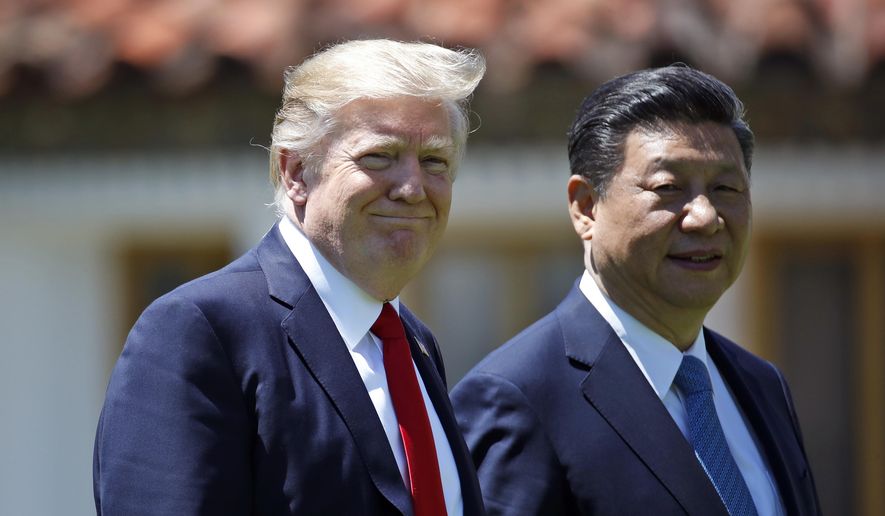Investors are likely to have breathed a sigh of relief after the US stock markets’ worst start to the second quarter since the 1929 Great Depression failed to encourage a widespread selloff across the global markets, according to Jameel Ahmad, global head of currency strategy and market research at FXTM, a foremost forex broker.
He said the expected selloffs across markets have remained subdued despite concerns about a trade war triggered by President Donald Trump tariff plans against some Chinese products.
“While we are still encountering quite a subdued trading atmosphere, where major stock markets are in general struggling to find their direction, we are not facing the type of selling pressure that should worry people that there is some serious distress in the equity markets,” he said.
He said it would be difficult to pinpoint whether trade war concerns or the recent selloff in stocks like Amazon are driving the market volatility, adding that there is some room to side with the latter.
According to him, another tweet from President Trump reinforcing his negative view on Amazon sent the US stock markets on another volatile ride overnight. “It does not appear that trade tensions between the US and China are driving the price action this week.”
Ahmad said the general consensus is that a trade war will be of no benefit to anyone, which indicates why investors are not reacting that sensitively to the ongoing headlines between Beijing and Washington.
“Beijing has, as you would expect, condemned the news that the United States published a list of over 1000 Chinese products that it plans to hit with a 25 percent tariff, but it has not created much of a reaction in the financial markets as it stands,” he pointed out, adding that there has been just as muted of a reaction in the currency markets, where it can be said that many currencies are not reacting as heavily to the ongoing shifts in sentiment for the equity markets as you would usually expect in a period of higher volatility.
“This can be seen as another reason to suggest that trade war concerns are not driving the direction of the markets and that it is the selloff in corporations like Amazon that is behind the erratic behaviour in stock markets,” he surmised.
Read also: China retaliates, places additional duties on U.S key imports as trade war looms
He explained that if investors were significantly concerned that there was a risk of a trade war, currencies like the Japanese Yen and the Swiss Franc would be performing much stronger than they have over recent trading sessions.
He added that emerging market currencies like the Malaysian Ringgit, Thai Baht, Indonesian Rupiah and even the Chinese Yuan are, on the other hand, outperforming what you would expect if there were fears that a trade war is upon us.
The British pound appears to be attempting its fourth day of gains against the US dollar during early Wednesday trading, with the Sterling receiving support after the UK manufacturing survey for March exceeded expectations Tuesday.
As long as the GBPUSD maintains its ground above 1.40, there is potential for the pound to trade higher this month.
“We have noticed in recent weeks that investors are potentially using the 1.40 level in the GBPUSD as a possible pivot level, before deciding what direction the pound could trade next; therefore, I will continue to monitor the 1.40 level in this pair,” Ahmad noted, adding: “If the GBPUSD manages to slip back below 1.40, it would put the Cable at risk to concluding its current run of gains.”



